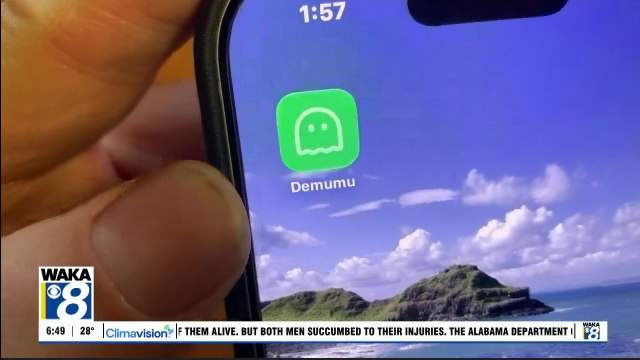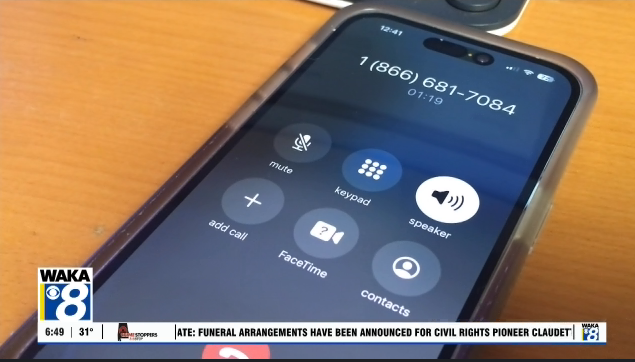What the Tech: Beware of scams that use AI to clone the voice of loved ones
By JAMIE TUCKER Consumer Technology Reporter
Imagine getting a frantic call from your child or parent in the middle of the night. Their voice is panicked, they say they’re in trouble, and they desperately need money immediately. Your heart
races, and your first instinct is to help.
But what if it wasn’t them at all? What if it was a scammer, using artificial intelligence to clone their voice?
This terrifying scenario is becoming an increasingly common reality. AI phone scams are surging, and a recent McAfee survey revealed that a staggering 1 in 10 people have been directly targeted. These criminals are using readily available audio clips from social media videos, TikToks, or even voicemails. They’re uploading that audio to an AI tool to generate incredibly convincing fake phone calls.
All they need is about 10-20 seconds of someone’s voice to create a terrifyingly real-sounding imitation.
The cost? About $20 a month to create all the recordings they want.
The sophistication of these AI-generated voices is constantly improving, making it incredibly difficult to tell the difference. The McAfee survey highlighted this concern, finding that 1 in 4
people had either experienced or knew someone who had fallen victim to an AI voice cloning scam. Even more alarming, 77% of victims reported losing money, and a shocking 70% of those
surveyed admitted they wouldn’t be able to distinguish between their loved one’s actual voice and an AI clone.
It’s easy to dismiss the threat, thinking it could never happen to you or your family, but the numbers clearly indicate otherwise, and they are rising.
So, how can you protect yourself and your loved ones from falling victim to these scams? The answer is surprisingly simple, yet very effective: establish a family code word. This secret word,
known only to you and your trusted family members, can be your ultimate defense. A code word or phrase might be “red hat”, “grandma’s house”, or “football”.
Here’s how it works: If you receive a call from someone claiming to be a loved one, especially if they sound distressed or in a panic, calmly ask for your pre-determined code word. If they
cannot provide it, no matter how convincing their voice may sound, hang up immediately. Then, directly call your loved one back on a known, legitimate number to verify their safety.
This can prevent you from making a hasty decision and safeguard your finances.
Data from the F.B.I. shows that seniors are particularly vulnerable to these high-tech scams, having lost billions of dollars. Experts predict these losses could triple in the coming years.
Don’t wait until it’s too late – talk to your family today and establish your unique safeguard.






